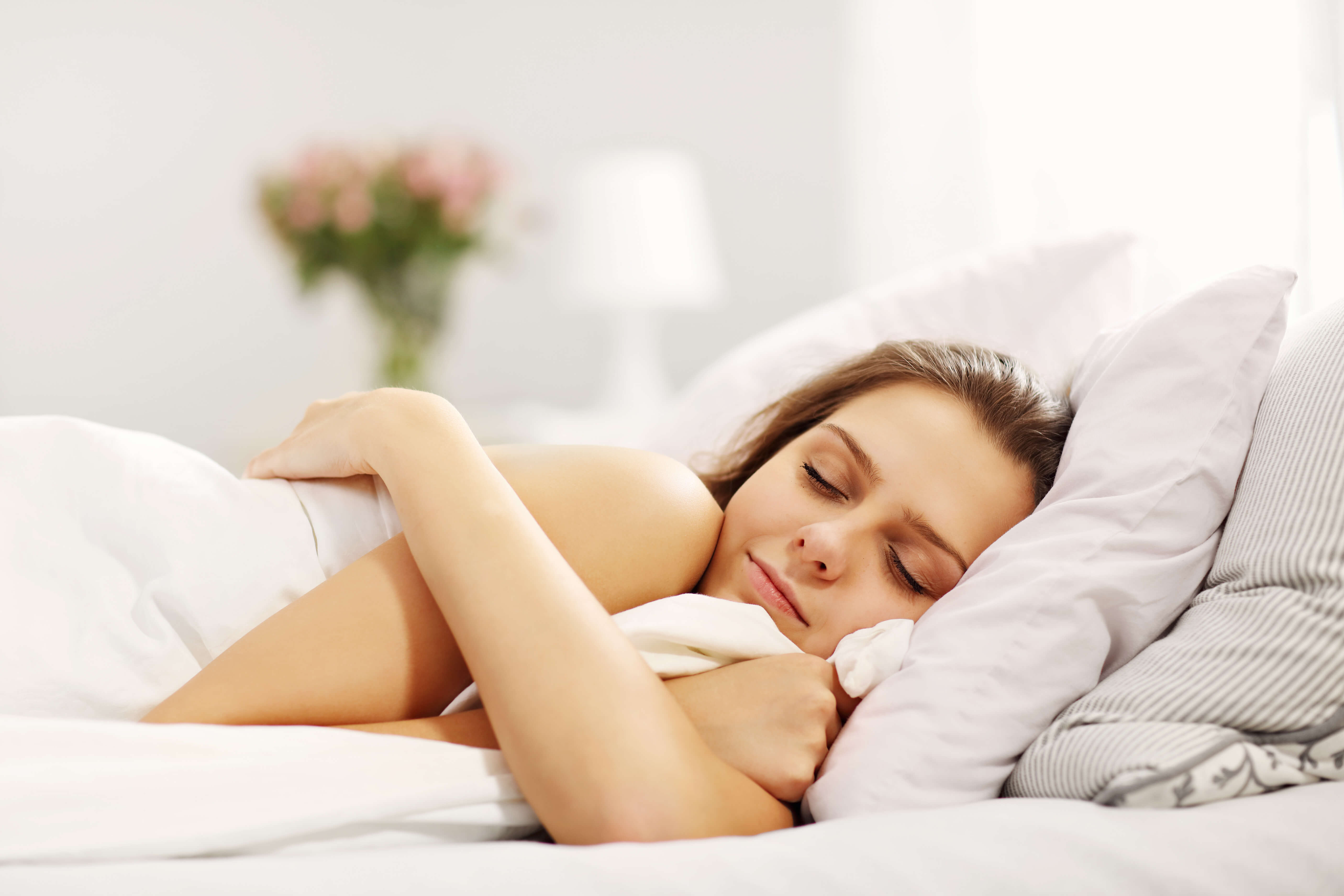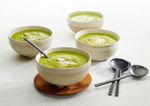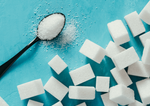Five things you need to know about sleep
by Clare O'Shea, Media and Communications Officer
- July 16, 2019
- Leave a comment
- Health professionals
- Healthy eating
- Alcohol
- Sugary drinks
- Fruit and Vegetables
- Weight Management
- Cancer
- Wellness

LiveLighter has found lack of sleep has become a frequent complaint amongst Aussies, with a third of us admitting to only squeezing in one good night’s sleep a week.
Many would be shocked to know this lack of sleep could be doing more than just leaving us feeling a bit lousy the next day. Research has revealed that restricted or poor quality sleep is associated with higher body weight, which can increase the risk of chronic disease in the long run.
Want to develop a healthier sleep pattern and set yourself up for sweet dreams? Take a look at these facts and tips from LiveLighter.
1. Sleeping less may lead to weight gain and increase your risk of weight related chronic disease
A lack of sleep can get in the way of efforts to stay healthy. Staying up late may also make us feel less motivated to get up and moving the next day. Being tired may also make us more likely to reach for high sugar and high saturated fat foods that don’t tend to fill us up. Eating too many of these foods over time can lead to weight gain.
High amounts of body fat, especially around our middle is associated with an increased risk of 13 types of cancer and other diseases such as type 2 diabetes and heart disease. Many people may be shocked to know that in the long term, having short sleeps can increase our risk of health problems such as cancer, type 2 diabetes and heart disease by a startling 20-40 per cent[1].
As being active and eating a balanced diet is an important part of maintaining a healthy weight, ensuring we get a good night’s sleep so we can stay physically active is really important.
2. Eating the right foods will increase the likelihood of a better night’s sleep
So we already know increasing our fruit and vegie intake, eating wholegrains and increasing unsaturated fat (nuts, plants oils, fish) consumption has health benefits. On top of this, eating this variety of food enables us to have a better chance of improving our quality of sleep[6].
3. Alcohol is stopping you from getting a good quality sleep
Alcohol is a diuretic, which means it makes us need to go to the toilet more. These annoying disruptions overnight get in the way of a solid night’s sleep. Drinking alcohol before bed can affect levels of sleepiness and performance the next day[5].Looking to cut back or ditch the booze altogether? Check out LiveLighter’s tips on activities you can do that don’t revolve around alcohol.
4. That cheeky cup of coffee is impacting your sleep
Most of us know that tea, coffee, cola drinks and energy drinks contain a stimulant but did you know these types of stimulants can affect both the duration and quality of your sleep? It’s best to cut caffeine from your diet if you are looking to enhance your sleepy game but if you can’t imagine life without coffee start by limiting your intake. Skipping the afternoon coffees so you’re only enjoying ones in the morning is a good start.
5. Smoking is stopping you from getting a good sleep
Nicotine found in cigarettes, like the caffeine found in tea and coffee, is a stimulant which also affects the quality and duration of your sleep.
Want to quit smoking but not sure where to start? Quit can help you succeed, wherever you’re at. Visit www.quit.org.au or call Quitline on 13 78 48 and speak to a trained Quit Specialist who can help you to plan and develop strategies to quit smoking.
So what can you do about it?
Along with eating a healthy diet and moving more, maintaining a healthy sleep pattern is an important change we can make to help reduce the impact of sleep loss and reduce the risk of weight gain and chronic disease.
Keen to learn more about sleep?
Read more about the research here or discover the Sleep Health Foundation's suite of resources and info on the importance of getting a good night's sleep here.
[1] Australasian Epidemiological Association, Submission 15, p. 2 - https://bit.ly/2Fs38Ak
[6] St-Onge M, Mikic A, Pietrolungo C. Effects of diet on sleep quality. Advances in Nutrition. 2016. 7, 938-19.
[5] Sleep, sleepiness, sleep disorders and alcohol use and abuse. Roehrs T, Roth T. Sleep Med Rev. 2001 Aug; 5 (4):287-297.







